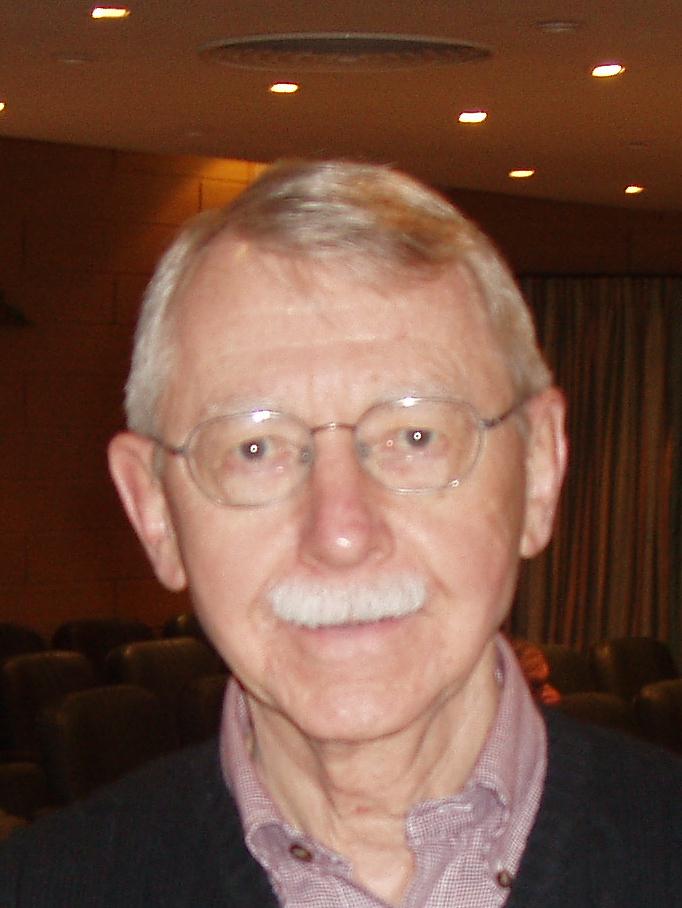
Glenn Deckert’s career as a university professor has taken him to teaching assignments in various parts of the world. In a series of three articles, he will discuss how academic professionals committed to the mission of Jesus have opportunities for witness in places traditional missions cannot reach. In this article, Deckert traces the history of this approach from Moses through Jesus to Paul and others in the early Christian movement.
____________________
The New Testament gospels feature a startling development in God’s dealing with this fallen and wayward planet. In place of staid temple-centered worship, formulaic priestly service, and cultural isolation from surrounding nations Jesus heralded an entirely new order. The incarnate God poured his life into an odd lot of commoners including unrefined fishermen, a turncoat tax collector, a fiery patriot, and other unremarkable characters, certainly no one of any priestly significance.
Jesus had a constant eye for outsiders. To the shock and horror of a home town Jewish crowd, Jesus openly commended non-Jewish foreigners like the heathen widow of Zarephath and a Syrian commander named Naaman. Further, he favored a loose-living Samaritan woman with the clearest announcement of his Messiahship long before doing so before the people of Galilee or Jerusalem. What Jews upheld most highly, temple worship and adherence to pharisaic legal prescriptions, are lost from Jesus’ command to his followers, that is, to proclaim the story of his life, death, and rising to surrounding nations near and far. In Reformation terms, Jesus was inaugurating the priesthood of all believers as well as the good news of salvation for people of every race and enclave across the globe.
Protestants today uphold the priesthood of all believers as a cardinal plank of their identity, but so frequently wander afar from that ideal. Congregations have been led into reliance on trained clergy for worship, service, and outreach. Regrettably, the clergy have become the voice of the church in gatherings where the world is not present to listen. Unknowingly, the laity is gradually reduced to observer status. Today we often discover God is using para-church organizations to train the laity to take the gospel outside the walls of the church into campuses, communities, workplaces, and world at large. InterVarsity has been but one of those assisting organizations.
Luke’s story of the early church’s spread across the Roman world shows how God uses Spirit-filled ordinary believers of all kinds for the advance of the gospel. So it was throughout the early Christian centuries. The renowned Yale University church historian, Kenneth Scott Latourette, concluded that by the end of the third century, “The chief agents in the expansion of Christianity appear not to have been those who made it a major part of their occupation, but men and women who earned their livelihood in some purely secular manner and spoke of their faith to those whom they met in this natural fashion” (A History of Expansion, 116). German historian Adolf Harnack, writing a generation earlier, came to the identical conclusion.
The Old Testament introduces us to the man Moses who was reared in Pharoah’s household and taught in all the wisdom of Egypt. Yet, with the turn of circumstances and the plight of his own people, he at age 80 was but a shepherd tending a flock of sheep in the land of Midian. There God called him to confront Pharoah demanding the release of his enslaved people. In answer to Moses’ excuses, God posed a question, “What is that in your hand” (Exodus 4:2)? It was but a shepherd’s staff. But God did amazing things through that staff as the story unfolds.
Might God similarly be saying to a Christ following graduate student or young professional, “What is that on your resume?” Might not God be able to do amazing things through your professional training and skill that can position you to live and work among people who are downtrodden by ignorance of the gospel, laden with false ideology, or dismissive of all spiritual claims? You and I as lay followers of Jesus Christ face an enterprising opportunity in lands across the planet. In the sovereign ways of God, your resume might match a job opportunity in Vietnam, China, Kazakhstan, or Saudi Arabia. Employment there can lead in time to your witness to colleagues, students, clients, and acquaintances where traditional missionaries may not even reside let alone fit in so acceptably.
The challenge is to be a global professional, a bi-vocational worker, or what has often been called a “tentmaker” in the mold of the Apostle Paul who often used his skill of making tents from goat skins to earn what he needed to cover his own expenses and even those of fellow Christian workers. He did this so as not to financially burden others, and to model to new believers that daily honorable work in itself is pleasing to God. In today’s world, people have followed this Pauline pattern also to gain easy entrance to places not open to traditional missionaries, to ensure close contact with nationals, and to have no appearance of having an agenda derived from some foreign organization, issues hardly of concern to Paul in the first century Roman world. Of course, a true tentmaker is a person who knows well the Christian gospel, knows how to impart it piecemeal or in larger portion as appropriate, and adept in carrying on long-term, low-profile evangelism—all while performing one’s daily work in a manner that honors God. I and many others bear witness to the splendid opportunities this mode of ministry provides.
In Glenn Deckert’s next article, he will explore the advantages enjoyed by global professionals, and the steps one may take to prepare for such opportunities.

Glenn obtained M.A. degrees in New Testament and TESOL, and then a PhD from the University of Illinois focused on literacy in developing countries. Following campus ministry with InterVarsity Christian Fellowship, he held faculty positions for 18 years, including two Fulbright appointments, in universities in the Middle East, Asia, and Eastern Europe. He retired from the Department of Foreign Languages at Eastern Michigan University where he held a tenured position for 12 years.

Leave a Reply